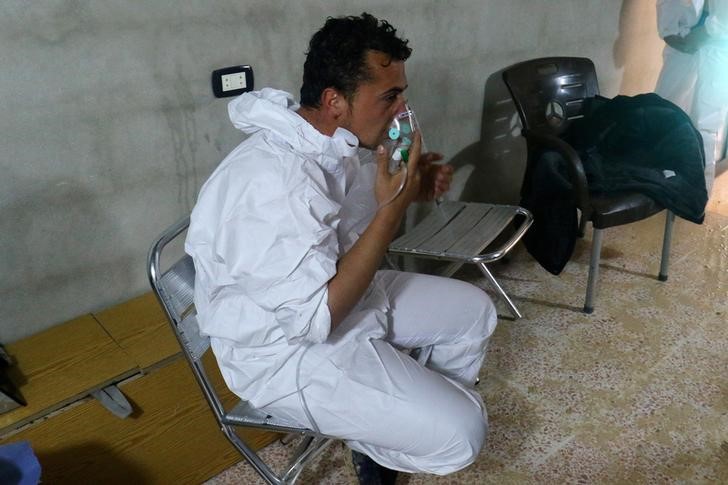
By Colin Packham
SYDNEY (Reuters) – Papua New Guinea Immigration Minister Petrus Thomas said authorities would take steps on Monday to forcibly remove around 450 men who remain in an abandoned Australian detention center without food or running water.
Hundreds of men have barricaded themselves into the Manus Island center for more than 13 days without regular food or water supplies, defying attempts by Australia and Papua New Guinea to close the facility, saying they fear for their safety if removed to transit centers.
“We will be taking steps with relevant authorities to move the residents based on serious exposure to health risk for the food of everyone that is remaining,” Thomas said in a statement issued late on Sunday.
As of 5.00 p.m. (0700 GMT) Monday, no moves had been made by the government to remove the men, several asylum seekers inside the center told Reuters via email.
One of the asylum seekers barricaded inside the center said on Monday that water supplies have been destroyed after Papua New Guinea workers entered the site and drained rainwater collected in tanks and garbage bins.
“Immigration came and bored holes in the water tanks where we had been collecting rain water,” he said, asking to remain anonymous for fear of reprisals from Papua New Guinea authorities. “They also demolished the well we built.”
Running water and electricity to the center were disconnected two weeks ago after Australian security withdrew and the camp closed on Oct. 31. The center had been declared illegal by a Papua New Guinea Court.
The United Nations has warned of a “looming humanitarian crisis” among the asylum seekers, who are drawn largely from Afghanistan, Iran, Myanmar, Pakistan, Sri Lanka and Syria.
Australia has used the center, and a camp on the tiny Pacific island of Nauru, to detain asylum seekers who try to reach its shores by boat. It says boat arrivals will never enter Australia, even if found to be refugees, as that would encourage people smugglers in Asia.
Under a refugee swap deal, the United States has agreed to accept potentially up to 1,250 asylum seekers from Manus and Nauru, in return for Australia taking refugees from Central America. The United States has so far only accepted 54 refugees.
New Zealand has offered to resettle 150 asylum seekers, but Australia has rejected the offer.
(Reporting by Colin Packham; Editing by Jane Wardell, Peter Cooney and Michael Perry)












